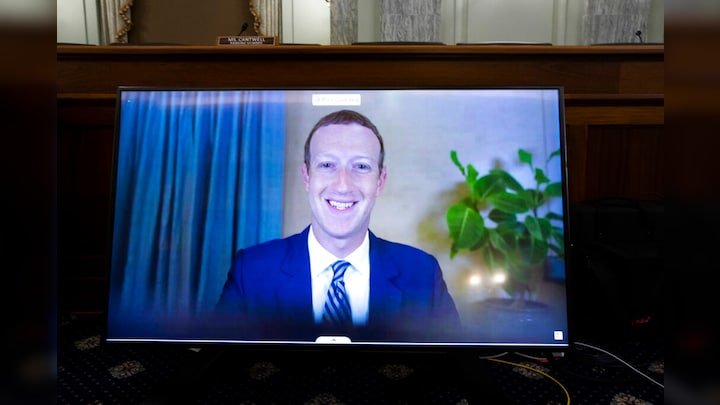
Facebook halts recommendations on political groups
With the 2020 presidential election now just three days away, Facebook Inc. has temporarily halted a feature that recommends political groups to its users.
The social media giant confirmed the change on Friday and, in a Wednesday Senate hearing, Chief Executive Officer Mark Zuckerberg said the move to "stop recommendations in groups for all political content or social issue groups" was implemented as a "precaution."
The company intends to reverse the measure after Election Day, according to BuzzFeed News.
Two weeks ago, Zuckerberg assured employees that Facebook would impose fewer restrictive rules on content following the divisive contest.
Both the company and its rivals have increased moderation of their content after U.S. intelligence officials said the platforms were exploited by Russian agents using disinformation to influence and inflame voters prior to President Trump's surprise victory in 2016.

Menlo Park, California-based Facebook has created a fact-checked Voting Information Center, blocked 120,000 posts and 2.2 million ads and committed to cracking down on Holocaust denial, the QAnon conspiracy theory and extremist groups.
Reuters reported Friday that the platform promised to limit the distribution of the controversial "save our children" hashtag because of its connections with QAnon.
Facebook's action on algorithmic group recommendations came at the urging of watchdog organizations that complained such groups were being used as vessels to spread misinformation and sow discord.
In May, The Wall Street Journal reported that Facebook had chosen to disregard the results of its own internal probe into the company's use of algorithms, noting that they "exploit the human brain's attraction to divisiveness."
At the same time, the social media giant and other Big Tech companies have come under increased scrutiny from lawmakers on broader issues.
Members of Congress on both sides of the aisle have questioned whether the companies have become monopolies. Democrats, additionally, have said social media platforms do too little to prevent the spread of disinformation and hate speech, while Republicans have accused them of censoring conservative views.
Last week, the Department of Justice filed a landmark suit against search engine giant Google over antitrust complaints, prompting speculation that legal action against other companies might follow.










